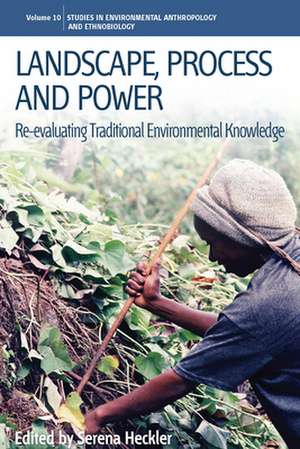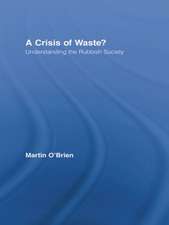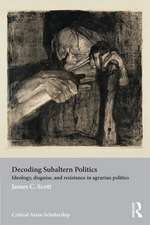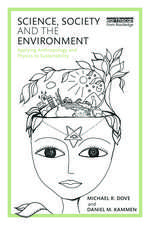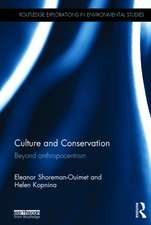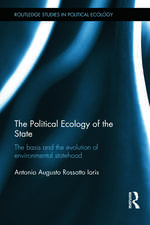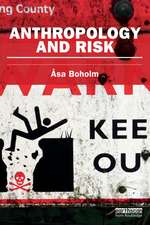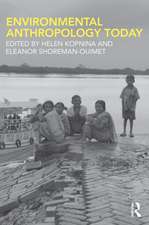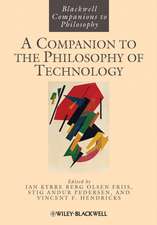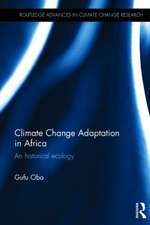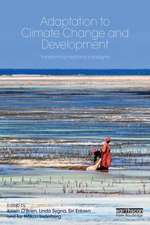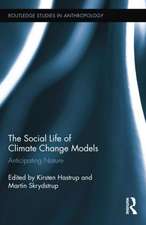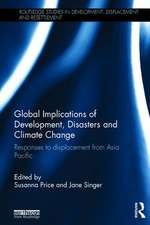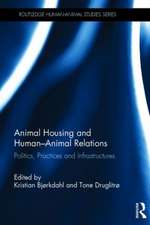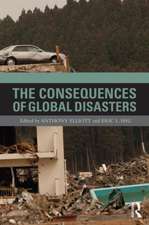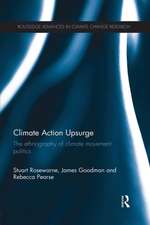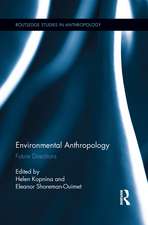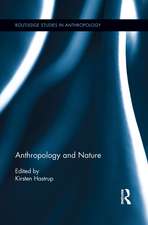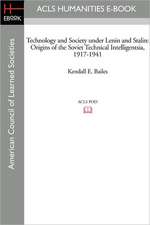Landscape, Process and Power: Re-Evaluating Traditional Environmental Knowledge: Studies in Environmental Anthropology and Ethnobiology
Editat de Serena Heckleren Limba Engleză Hardback – 31 mar 2009
| Toate formatele și edițiile | Preț | Express |
|---|---|---|
| Paperback (1) | 262.52 lei 43-57 zile | |
| BERGHAHN BOOKS INC – 31 ian 2012 | 262.52 lei 43-57 zile | |
| Hardback (1) | 751.54 lei 43-57 zile | |
| BERGHAHN BOOKS INC – 31 mar 2009 | 751.54 lei 43-57 zile |
Din seria Studies in Environmental Anthropology and Ethnobiology
- 23%
 Preț: 752.00 lei
Preț: 752.00 lei - 23%
 Preț: 748.72 lei
Preț: 748.72 lei -
 Preț: 258.88 lei
Preț: 258.88 lei - 23%
 Preț: 749.02 lei
Preț: 749.02 lei - 23%
 Preț: 751.54 lei
Preț: 751.54 lei -
 Preț: 263.68 lei
Preț: 263.68 lei -
 Preț: 257.13 lei
Preț: 257.13 lei -
 Preț: 262.14 lei
Preț: 262.14 lei - 23%
 Preț: 748.57 lei
Preț: 748.57 lei - 23%
 Preț: 838.12 lei
Preț: 838.12 lei -
 Preț: 261.38 lei
Preț: 261.38 lei -
 Preț: 260.57 lei
Preț: 260.57 lei -
 Preț: 260.41 lei
Preț: 260.41 lei - 23%
 Preț: 744.59 lei
Preț: 744.59 lei - 23%
 Preț: 807.44 lei
Preț: 807.44 lei -
 Preț: 257.13 lei
Preț: 257.13 lei - 23%
 Preț: 748.44 lei
Preț: 748.44 lei
Preț: 751.54 lei
Preț vechi: 976.02 lei
-23% Nou
143.85€ • 156.31$ • 120.91£
Carte tipărită la comandă
Livrare economică 21 aprilie-05 mai
Specificații
ISBN-10: 1845455495
Pagini: 304
Dimensiuni: 159 x 24 x 235 mm
Greutate: 0.58 kg
Editura: BERGHAHN BOOKS INC
Seria Studies in Environmental Anthropology and Ethnobiology
Locul publicării:United Kingdom
Cuprins
Notă biografică
Descriere
...presents an excellent overview of the study of traditional environmental knowledge (TEK) and the directions in which it has evolved in recent years...Individually but especially together, the contributors of this volume do a fine job at providing a contextualized and fluid understanding of TEK...I have no hesitation in recommending this volume not only to anyone wishing to catch up on recent developments in TEK research, but also as a useful teaching resource in a range of anthropology courses. JRAIThis volume succeeds in its purpose to dislodge enduring western notions of TEK [traditional environmental knowledge] as static and to firmly center it within an analytical framework of landscape, process, and power...The critical perspectives of the authors of this book would prompt lively discussion in the classroom, and the books grounding in ethnographic detail and applications are of interest to both research academics and practitioners. Ethnobiology Letters
In recent years, the field of study variously called local, indigenous or traditional environmental knowledge (TEK) has experienced a crisis brought about by the questioning of some of its basic assumptions. This has included reassessing notions that scientific methods can accurately elicit and describe TEK or that incorporating it into development projects will improve the physical, social or economic well-being of marginalized peoples. The contributors to this volume argue that to accurately and appropriately describe TEK, the historical and political forces that have shaped it, as well as people's day-to-day engagement with the landscape around them must be taken into account. TEK thus emerges, not as an easily translatable tool for development experts, but as a rich and complex element of contemporary lives that should be defined and managed by indigenous and local peoples themselves.
Serena Heckler received her Ph.D. in ethnobotany, environmental anthropology and sustainable development from Cornell University and is a research fellow at Durham University. She has lived and worked with the Wõthihã of the Venezuelan Amazon, studying the ways in which the market economy and demographic change have affected their environmental knowledge. She is currently undertaking participatory research on similar themes with the Shuar of Ecuador, in collaboration with the Intercultural University of Indigenous Peoples and Nations-Amawtay Wasi based in Quito, Ecuador.
